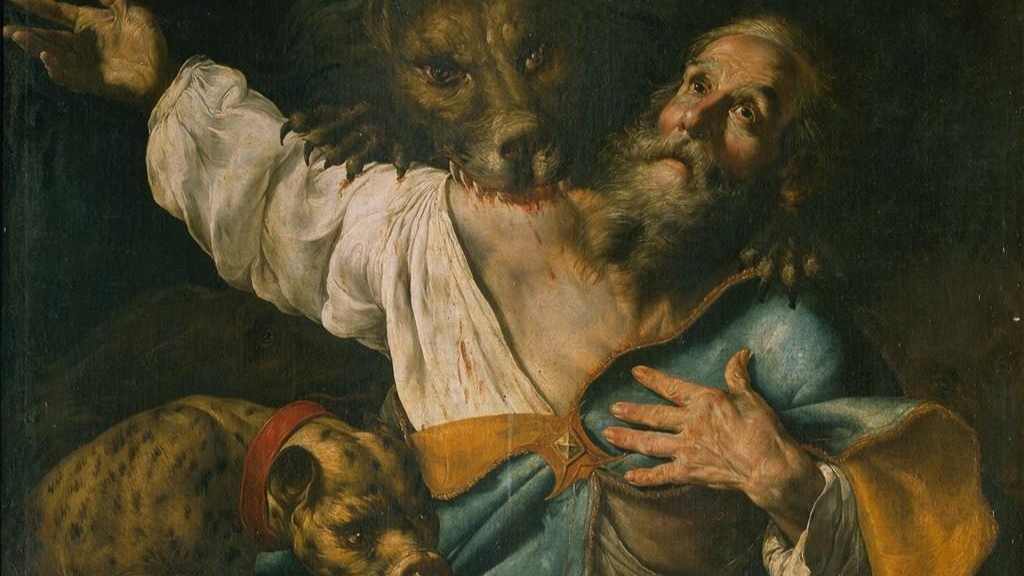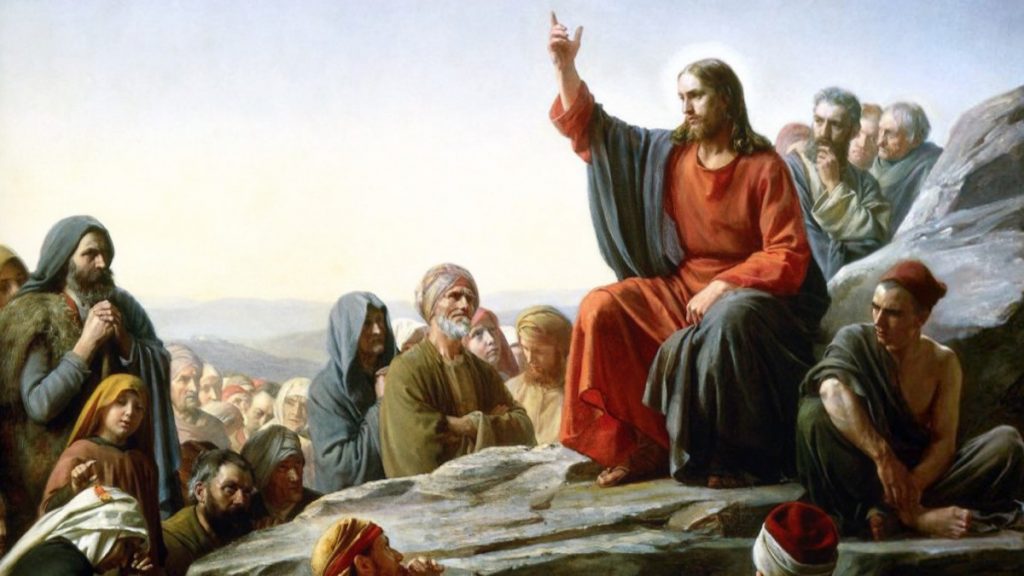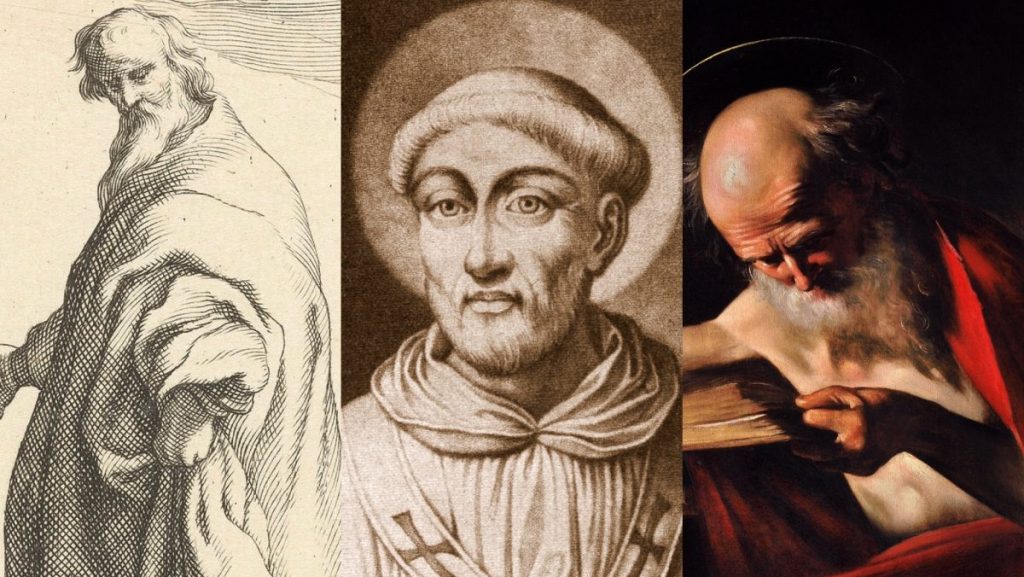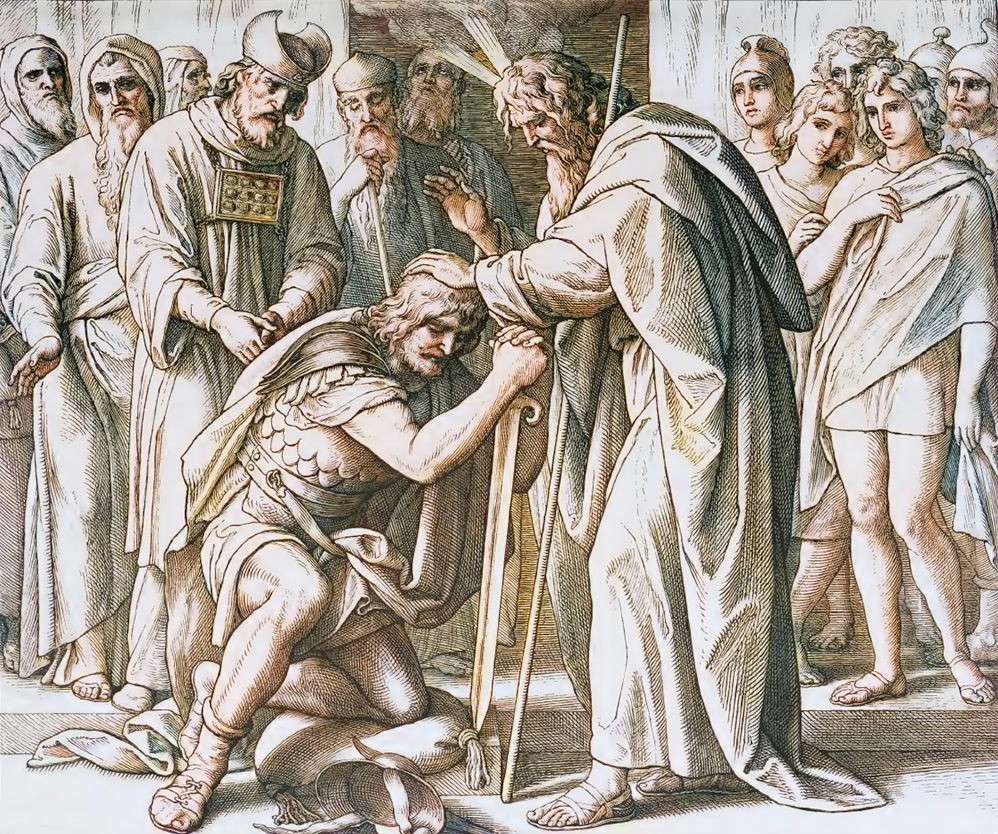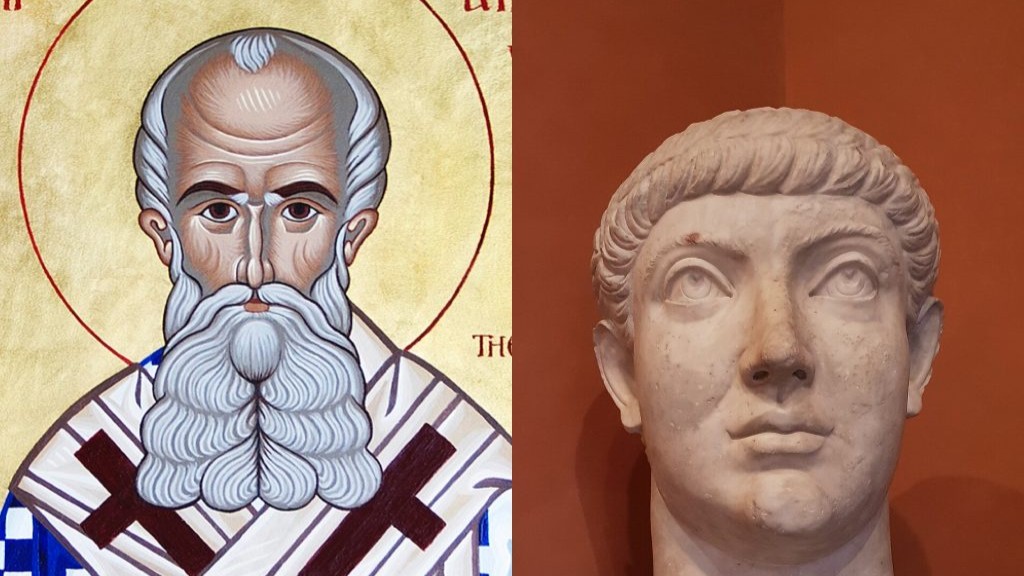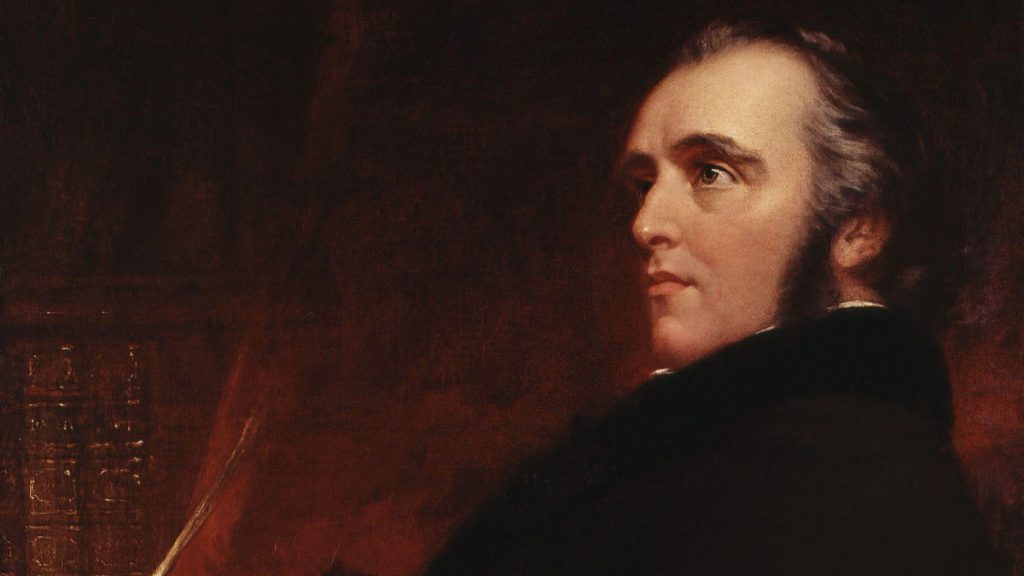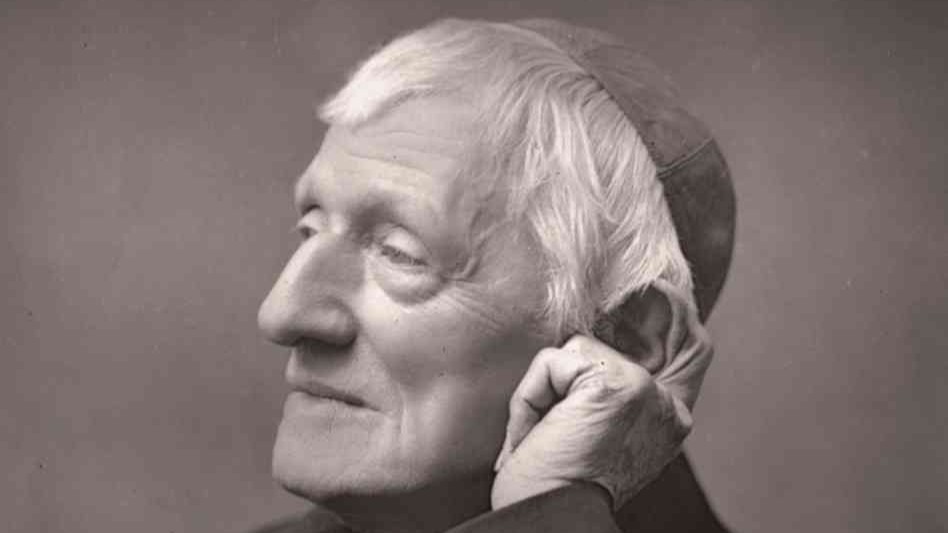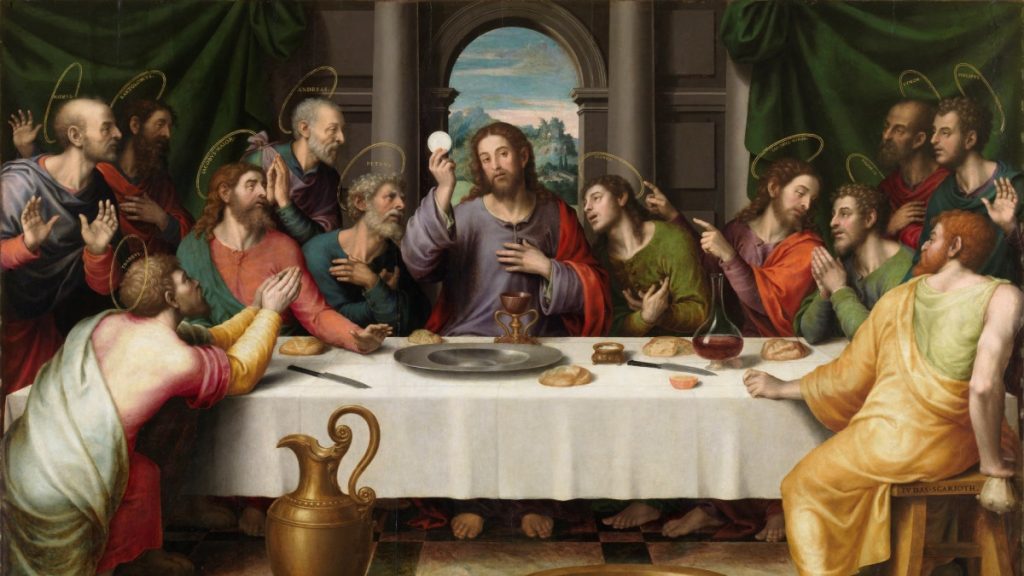(Updated July 16, 2025)
This Author Quote Archive collects pertinent quotes from the Ecclesiastical Writer, Socrates of Constantinople.
Next to each quote are the Topic Quote Archives in which they are included.
This Quote Archive is being continuously updated as research continues. Quotes marked with “***” have not yet been organized into their respective Topic Quote Archives.
Books
Socrates of Constantinople, Ecclesiastical History (c. 439)
- The Papacy and the Invincibility of the Church | Book 2, Ch. 17
- The Sacrament of Holy Orders, and the Authority of the Priesthood | Book 1, Ch. 19
- Pagan Attempt to Rebuild the Jerusalem Temple Thwarted | Book 3, Ch. 20
Frumentius arriving at Alexandria, reported the affair to Athanasius the bishop, who had but recently been invested with that dignity; and acquainting him both with the particulars of his wanderings and the hopes Indians had of receiving Christianity. He also begged him to send a bishop and clergy there, and by no means to neglect those who might thus be brought to salvation. Athanasius having considered how this could be most profitably effected, requested Frumentius himself to accept the bishopric, declaring that he could appoint no one more suitable than he was. Accordingly this was done; Frumentius invested with episcopal authority, returned to India and became there a preacher of the Gospel, and built several churches, being aided also by divine grace, he performed various miracles, healing with the souls also the bodily diseases of many. Rufinus assures us that he heard these facts from Edesius, who was afterwards ordained to the priesthood at Tyre.
When Julius, bishop of Rome, was apprised of these fresh machinations of the Arians against Athanasius, and had also received the letter of the then deceased Eusebius, he invited the persecuted Athanasius to come to him, having ascertained where he was secreted. The epistle also of the bishops who had been some time before assembled at Antioch, just then reached him; and at the same time others from the bishops in Egypt, assuring him that the entire charge against Athanasius was a fabrication. On the receipt of these contradictory communications, Julius first replied to the bishops who had written to him from Antioch, complaining of the acrimonious feeling they had evinced in their letter, and charging them with a violation of the canons, because they had not requested his attendance at the council, seeing that the ecclesiastical law required that the churches should pass no decisions contrary to the views of the bishop of Rome: he then censured them with great severity for clandestinely attempting to pervert the faith; in addition, that their former proceedings at Tyre were fraudulent, because the investigation of what had taken place at Mareotes was on one side of the question only; not only this, but that the charge respecting Arsenius had plainly been proved a false charge. Such and similar sentiments did Julius write in his answer to the bishops convened at Antioch…
(Book 3, Ch. 2) ***
Grisly pagan inner sanctum discovered (human sacrifice).
It is now proper to mention what took place in the churches under the same [emperor]. A great disturbance occurred at Alexandria in consequence of the following circumstance. There was a place in that city which had long been abandoned to neglect and filth, wherein the pagans had formerly celebrated their mysteries, and sacrificed human beings to Mithra. This being empty and otherwise useless, Constantius had granted to the church of the Alexandrians; and George wishing to erect a church on the site of it, gave directions that the place should be cleansed. In the process of clearing it, an adytum [innermost sanctuary of the temple] of vast depth was discovered which unveiled the nature of their heathenish rites: for there were found there the skulls of many persons of all ages, who were said to have been immolated for the purpose of divination by the inspection of entrails, when the pagans performed these and such like magic arts whereby they enchanted the souls of men. The Christians on discovering these abominations in the adytum of the Mithreum, went forth eagerly to expose them to the view and execration of all; and therefore carried the skulls throughout the city, in a kind of triumphal procession, for the inspection of the people. When the pagans of Alexandria beheld this, unable to bear the insulting character of the act, they became so exasperated, that they assailed the Christians with whatever weapon chanced to come to hand, in their fury destroying numbers of them in a variety of ways: some they killed with the sword, others with clubs and stones; some they strangled with ropes, others they crucified, purposely inflicting this last kind of death in contempt of the cross of Christ: most of them they wounded; and as it generally happens in such a case, neither friends nor relatives were spared, but friends, brothers, parents, and children imbrued their hands in each other’s blood. Wherefore the Christians ceased from cleansing the Mithreum: the pagans meanwhile having dragged George out of the church, fastened him to a camel, and when they had torn him to pieces, they burnt him together with the camel.
The emperor [Julian the Apostate] in another attempt to molest the Christians exposed his superstition. Being fond of sacrificing, he not only himself delighted in the blood of victims, but considered it an indignity offered to him, if others did not do likewise. And as he found but few persons of this stamp, he sent for the Jews and inquired of them why they abstained from sacrificing, since the law of Moses enjoined it? On their replying that it was not permitted them to do this in any other place than Jerusalem, he immediately ordered them to rebuild Solomon’s temple.
Meanwhile he himself proceeded on his expedition against the Persians. The Jews who had been long desirous of obtaining a favorable opportunity for rearing their temple afresh in order that they might therein offer sacrifice, applied themselves very vigorously to the work. Moreover, they conducted themselves with great insolence toward the Christians, and threatened to do them as much mischief, as they had themselves suffered from the Romans.
The emperor having ordered that the expenses of this structure should be defrayed out of the public treasury, all things were soon provided, such as timber and stone, burnt brick, clay, lime, and all other materials necessary for building. On this occasion Cyril bishop of Jerusalem called to mind the prophecy of Daniel [Dan. 9:27], which Christ also in the holy gospels has confirmed, and predicted in the presence of many persons, that the time had indeed come “in which one stone should not be left upon another in that temple” (Matt. 24:2), but that the Savior’s prophetic declaration should have its full accomplishment.
Such were the bishop’s words: and on the night following, a mighty earthquake tore up the stones of the old foundations of the temple and dispersed them all together with the adjacent edifices. Terror consequently possessed the Jews on account of the event; and the report of it brought many to the spot who resided at a great distance. When therefore a vast multitude was assembled, another prodigy took place. Fire came down from heaven and consumed all the builders’ tools, so that the flames were seen preying upon mallets, irons to smooth and polish stones, saws, hatchets, adzes [pronounced “ads”], in short all the various implements which the workmen had procured as necessary for the undertaking; and the fire continued burning among these for a whole day.
The Jews indeed were in the greatest possible alarm, and unwillingly confessed Christ, calling him God: yet they did not do his will; but influenced by inveterate prepossessions they still clung to Judaism. Even a third miracle which afterwards happened failed to lead them to a belief of the truth. For the next night luminous impressions of a cross appeared imprinted on their garments, which at daybreak they in vain attempted to rub or wash out. They were therefore “blinded” as the apostle says [Rom. 11:25; 2 Cor. 3:14], and cast away the good which they had in their hands: and thus was the temple, instead of being rebuilt, at that time wholly overthrown.
